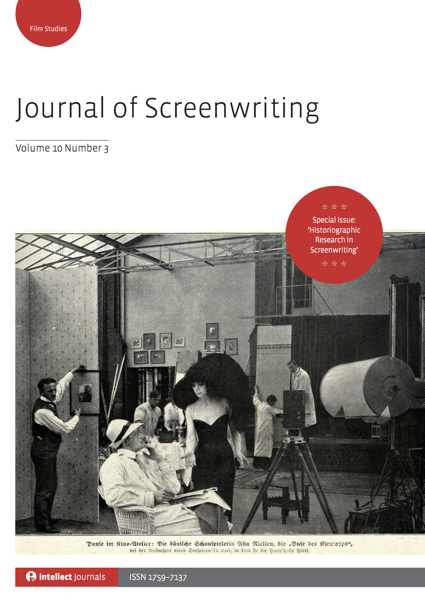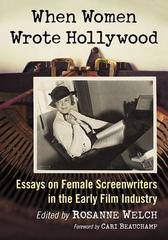Watch this entire presentation
Subscribe to Rosanne’s Channel and receive notice of each new video!
Transcript:
Previously in the United States, the only way we could see a movie from Brazil would be if it won an Oscar or if it was nominated for an Oscar right and these are the only films that had wide release in the United States before Netflix because you would have to go to a theater. You would have to be the kind of person who liked to see international films, who were willing to read subtitles. I noticed — my son is 21 — and I notice in his generation there is more of a comfort with reading subtitles. He watches, because of Netflix, a lot of Japanese anime — a lot of movies from around the world — he doesn’t mind. About 10 years ago, before Netflix. if I assigned an international movie — and I would often assign some Italian films to my film students — they would complain because reading the screen was boring. Now it’s become more acceptable so that we have this opportunity. So until Netflix, this was the only way that in the United States we would have been exposed to any of these films except Kiss of the Spider Woman because that was a co-production between Brazil and the United States so it won some Oscars and we knew about it.
Watch this entire presentation
A Note About This Presentation
A clip from my keynote speech at the 10th Screenwriters´(hi)Stories Seminar for the interdisciplinary Graduation Program in “Education, Art, and History of Culture”, in Mackenzie Presbyterian University, at São Paulo, SP, Brazil, focused on the topic “Why Researching Screenwriters (has Always) Mattered.” I was especially pleased with the passion these young scholars have toward screenwriting and it’s importance in transmitting culture across the man-made borders of our world.
To understand the world we have to understand its stories and to understand the world’s stories we must understand the world’s storytellers. A century ago and longer those people would have been the novelists of any particular country but since the invention of film, the storytellers who reach the most people with their ideas and their lessons have been the screenwriters. My teaching philosophy is that: Words matter, Writers matter, and Women writers matte, r so women writers are my focus because they have been the far less researched and yet they are over half the population. We cannot tell the stories of the people until we know what stories the mothers have passed down to their children. Those are the stories that last. Now is the time to research screenwriters of all cultures and the stories they tell because people are finally recognizing the work of writers and appreciating how their favorite stories took shape on the page long before they were cast, or filmed, or edited. But also because streaming services make the stories of many cultures now available to a much wider world than ever before.
Many thanks to Glaucia Davino for the invitation.
* A portion of each sale from Amazon.com directly supports our blogs
** Many of these books may be available from your local library. Check it out!
† Available from the LA Public Library
Podcast: Play in new window | Download
Subscribe: RSS
![35 Subtitles Are No Longer Scary from Why Researching Screenwriters Has Always Mattered [Video] (1 minute 5 seconds)](https://rosannewelch.com/wp-content/uploads/2020/11/rmw-sao-paolo-35.png)

![34 Coco and Exposure To Different Cultures from Why Researching Screenwriters Has Always Mattered [Video] (2 mins)](https://rosannewelch.com/wp-content/uploads/2020/11/rmw-sao-paolo-34.png)
![33 The First Six Years from Why Researching Screenwriters Has Always Mattered [Video] (49 seconds)](https://rosannewelch.com/wp-content/uploads/2020/10/rmw-sao-paolo-33.png)




![32 You Should Write What (Emotions) You Know from Why Researching Screenwriters Has Always Mattered [Video] (28 seconds)](https://rosannewelch.com/wp-content/uploads/2020/10/rmw-sao-paolo-32.png)

